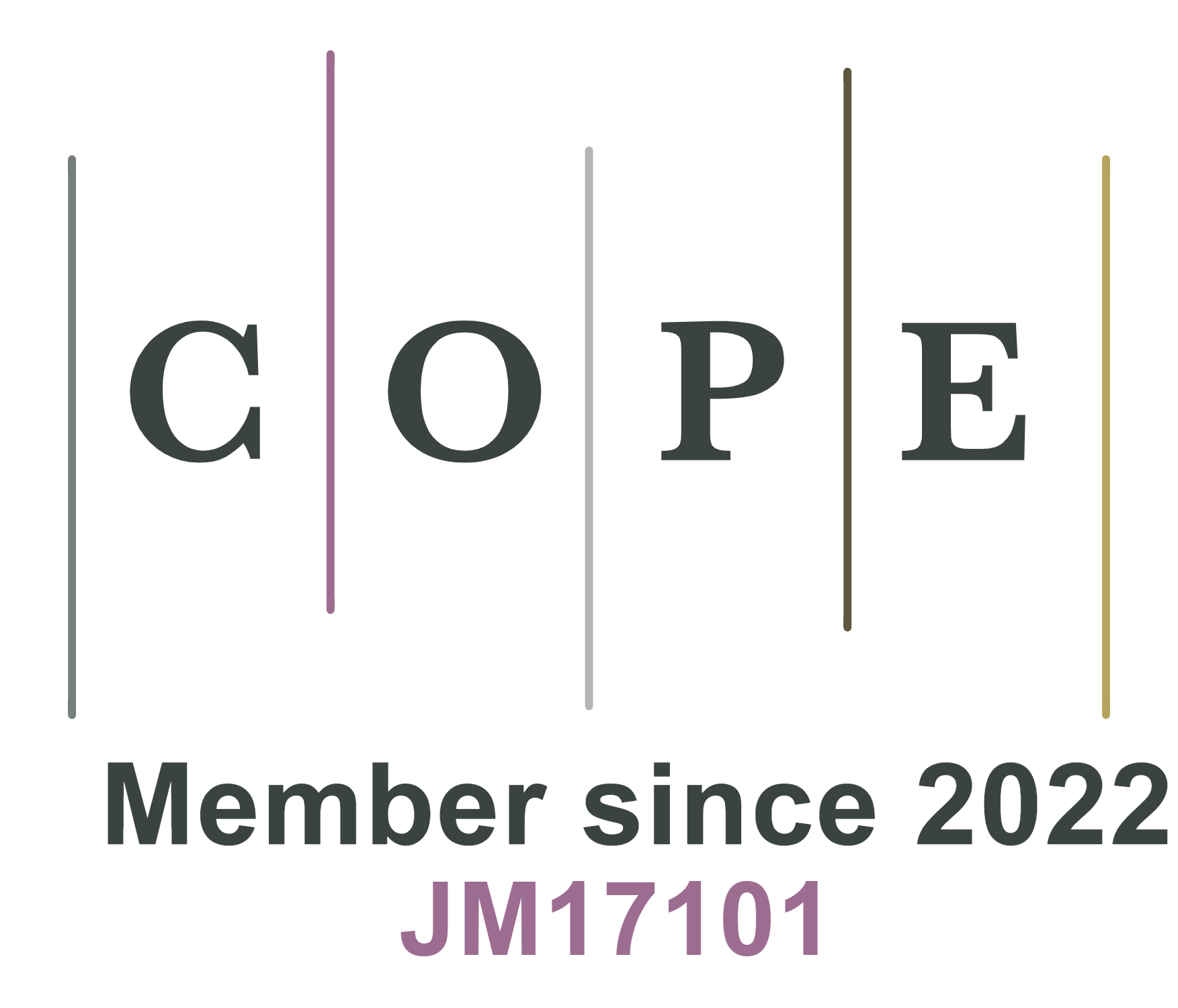Review | Open Access
Recent advances in wearable fiber-shaped supercapacitors: materials, design, and applications
Views: 93
Energy Mater 2024;4:[Accepted].
Author Information
Article Notes
Cite This Article
Abstract
The rapid development of wearable electronic products necessitates flexible and efficient energy storage solutions. Fiber-shaped supercapacitors (FSSCs) have gained significant attention as a promising substitute owing to their flexibility, low-weight, and ability to integrate seamlessly into textile and wearable applications. This review offers an in-depth examination of the latest developments in FSSCs, distinguishing itself by not only summarizing diverse electrode materials such as carbon-based, polymer-based, and novel MXenes but also by exploring their unique properties and applications in depth. We critically examine various fabrication techniques that enable the customization of fiber structures, including wet-spinning, electrostatic spinning, melt spinning, co-spinning, and advanced 3D printing methods. Furthermore, we investigate innovative design strategies aimed at enhancing performance, such as film/sheet twisting for increased surface area and multilayer integrated designs. By discussing the integration of FSSCs into applications like energy storage devices and sensors, we shed light on their potential to revolutionize the field. The review wraps up by identifying future challenges and directions, underlining the critical need for advancements in material synthesis, device design, and integration strategies. These advancements are crucial for the widespread adoption of FSSCs in flexible and wearable electronics. Continued research holds the potential to deliver next-generation energy storage solutions tailored to the growing demands of the wearable technology industry.
Keywords
Fiber-shaped, wearable, supercapacitors
Cite This Article
Zhou X, Zheng X, Dong X, Wang X, Jiang Y, Li G, Li L, Yuan N, Ding J. Recent advances in wearable fiber-shaped supercapacitors: materials, design, and applications. Energy Mater 2024;4:[Accept]. http://dx.doi.org/10.20517/energymater.2024.126
Copyright
© The Author(s) 2025. Open Access This article is licensed under a Creative Commons Attribution 4.0 International License (https://creativecommons.org/licenses/by/4.0/), which permits unrestricted use, sharing, adaptation, distribution and reproduction in any medium or format, for any purpose, even commercially, as long as you give appropriate credit to the original author(s) and the source, provide a link to the Creative Commons license, and indicate if changes were made.














